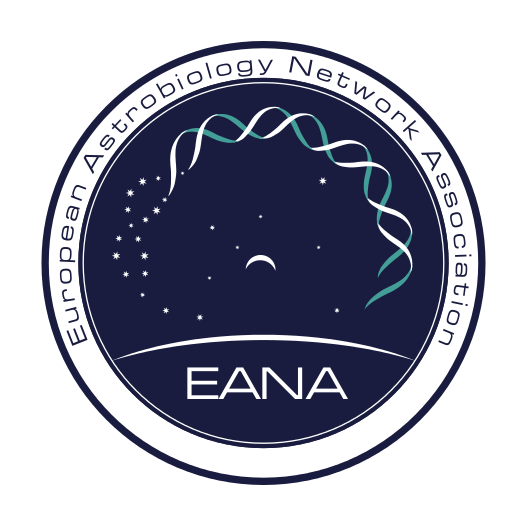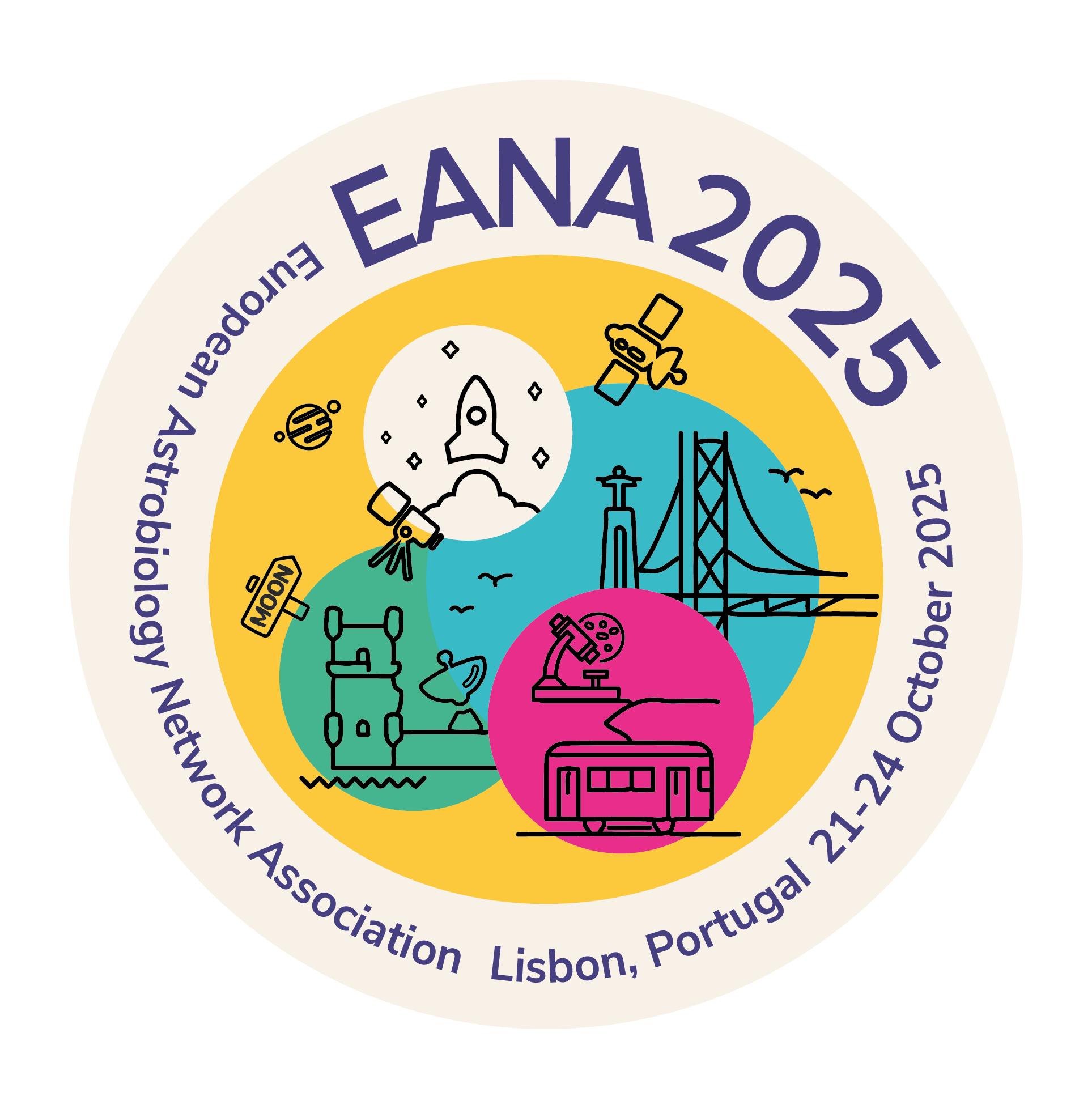 |
Abstract EANA2025-107 |

|
The role of fungi in biomineralization processes in alkaline volcanic lakes
Terrestrial volcanic lakes serve as Noachian Mars analogue environments and can help us in assessing and interpreting the potential biological history of Mars and in developing exploration strategies for ESA ExoMars and Mars Sample Return missions. The study of mineral-microbe interactions is advantageous in this environment since the terraced structures preserve portions of the paleolake, which allows for a comparative study on (sub)fossil counterparts to verify the potential for preserving biosignatures over time. Although fungi are not thought to have evolved on Mars, their adaptation strategies in saline, alkaline lakes provide insights into how hypothetical life forms may have interacted with its environment in early Mars lakes.
We isolated fungal strains from soil samples collected from the Bagno dell’Acqua lake in Pantelleria. The strains were then grown on Ca-chloride B4 media to induce calcium carbonate precipitation. We observed the precipitation of several kinds of calcium-rich minerals including calcium oxalate and different polymorphs of calcium carbonate. Here we present elemental and morphological data of the precipitated minerals and speculate on the mechanisms responsible for their formation. The microbially induced mineralization processes at work in the lake may be facilitate by the secretion of oxalic acid or other organic acids, or urea hydrolysis. Finally, we compare the obtained crystal types with those observed in the lake sediments. Our work provides insights into the dynamical depositional environment of volcanic lakes and highlights the importance of the role of fungi in biomineralization processes.
